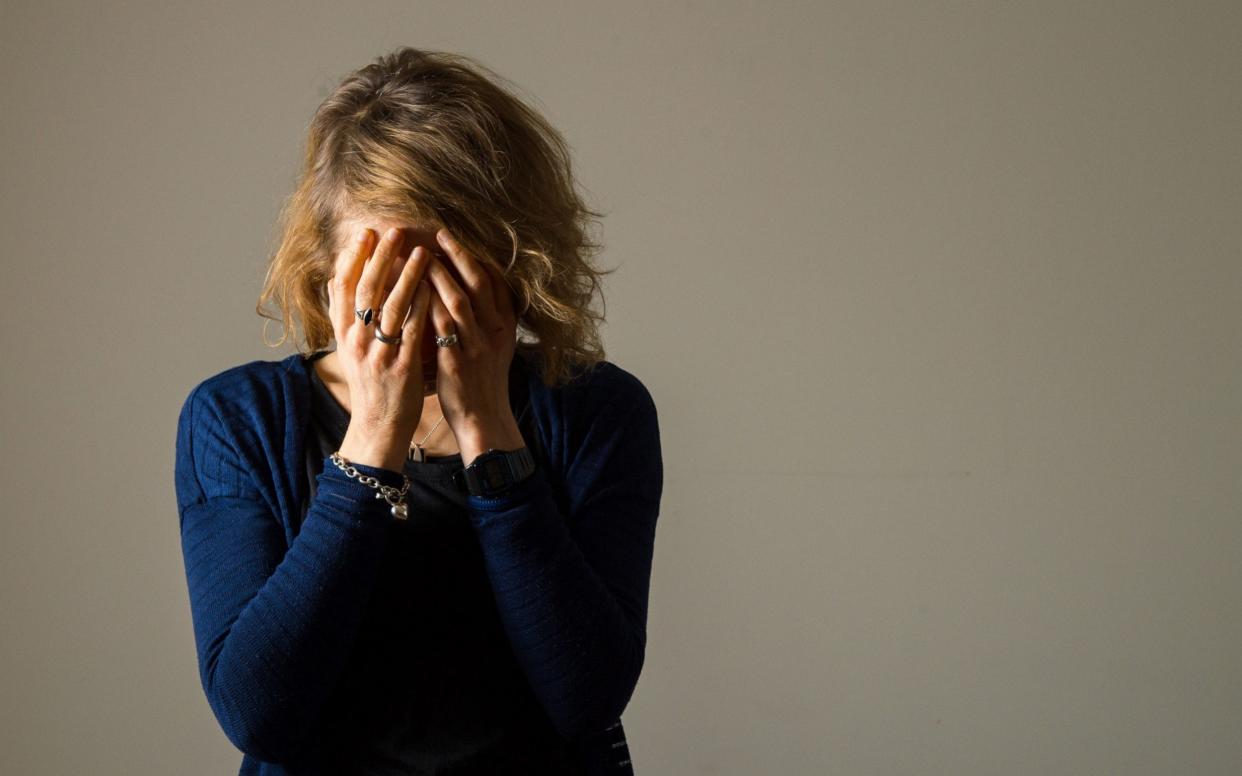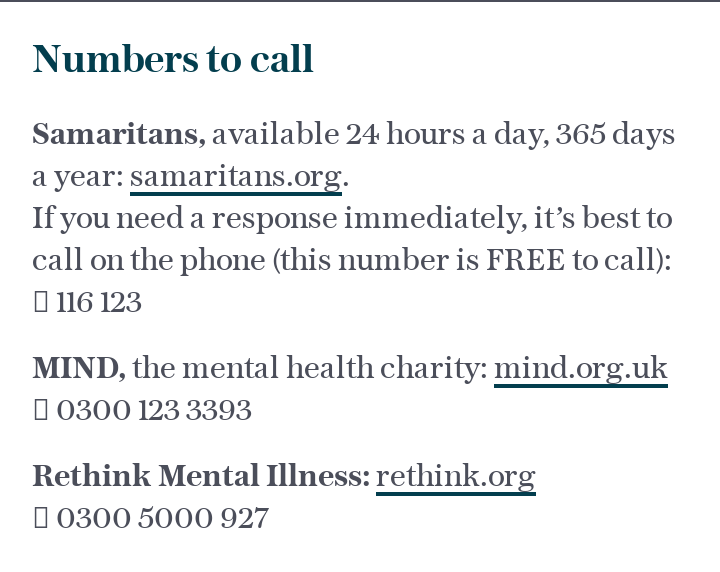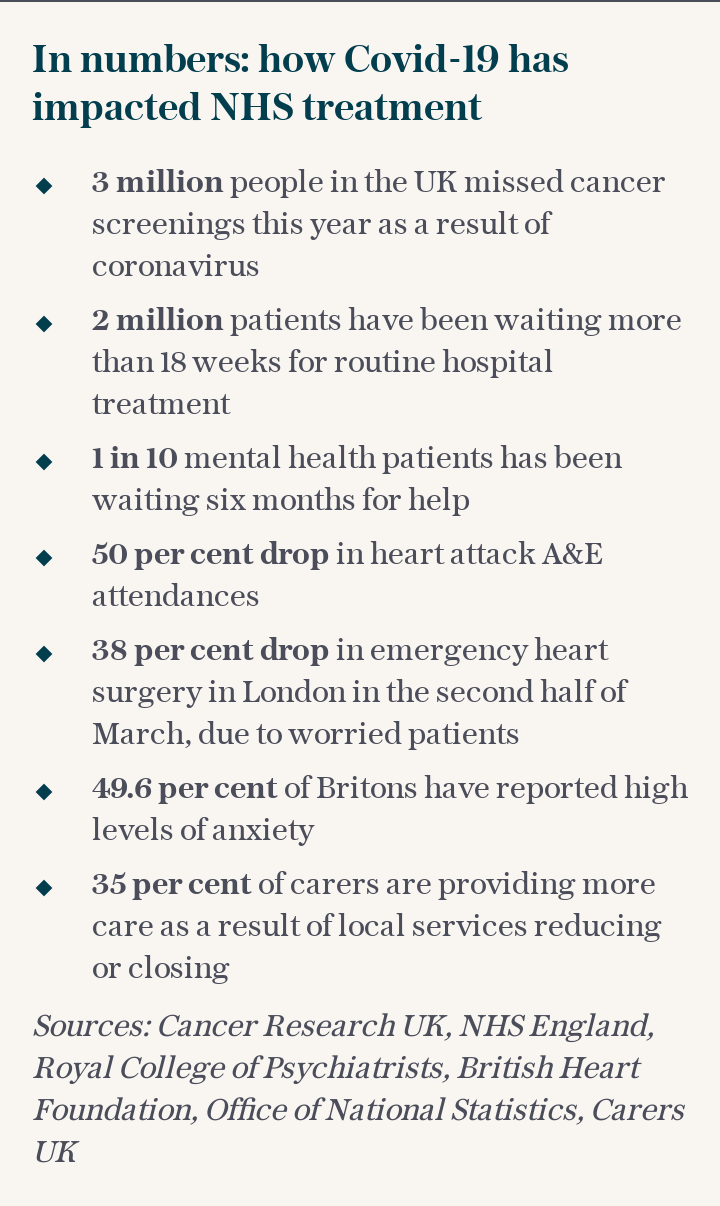SNP accused of failing young people facing mental health crisis

Scottish ministers have been accused of failing to address a mental health crisis facing young people, amid fears that the coronavirus pandemic has led to a dramatic drop in numbers of young people being sent for expert help.
The number of young people being referred to mental health services in Scotland has more than halved in the last three months, according to data published by Public Health Scotland, while many of those that are being referred face months-long waits to be seen.
Almost 40 per cent of young people are waiting more than 18 weeks to get treatment with Child and Adolescent Mental Health Services (CAMHS). One in ten are not seen within a year, and one in five referrals to the service are rejected.
The Scottish Government’s target is that 90 per cent of children and young people should start treatment within 18 weeks of referral to CAMHS.
A plan published earlier this month was intended to help address the issue, but experts warned that it did not go far enough, claiming mental health problems are still seen by the health service as secondary in importance to physical conditions.
While the document pledges more counsellors in schools and greater support for local authorities, experts warn that this doesn’t necessarily mean that CAMHS will receive further funding, despite repeated warnings that the service is overstretched and under-resourced.

“Looking at that plan, the question I would ask is where is the resource for young people with serious mental health problems,” Dr Justin Williams, vice-chair of the CAMHS faculty at the Royal College of Psychiatrists in Scotland, told The Telegraph.
“If you’ve got a physical illness you would expect to see a coordination of secondary care services that are planned to meet the needs of young people comprehensively, not just get assigned a counsellor.
“Mental health is not an easy thing. It needs to be properly managed and properly resourced. The Scottish Government doesn’t seem to appreciate that there is a massive difference between finding life stressful and having worries and the sorts of issues which lead young people to commit suicide. These are serious mental health problems and they need to be properly addressed.”
Since March there has also been a dramatic fall in the number of referrals to CAMHS, prompting concern from experts at a time when the coronavirus pandemic is causing unprecedented pressure on mental health and services alike.
Just 3,987 young people were referred to the service in the quarter ending June 30, compared with 9,019 for the previous quarter, and 8,520 for the quarter ending June 2019 - a fall of more than half.
But despite repeated warnings, the government has “failed to heed the voices of psychiatrists” or adequately fund psychiatry, Dr Williams said.
“In 2013, we recommended to the Scottish Government that we needed more psychiatrists to keep up with the demand for mental health care," he added.
“Seven years on, and the situation is still the same. And the recent mental health recovery plan places the emphasis on services at the primary care level, when we have been calling for investment in specialist services.”

Data from the CAMHS workforce in Scotland shows that there is currently around one CAMHS clinician for every 100 young people, and just one psychiatrist for every 12,000 young people.
Concerns about the Scottish Government’s plan have also been expressed by the Scottish Association for Mental Health (SAMH), who warn that “simply restarting the old system won’t work”.
“We need a genuinely new approach to mental health in Scotland; it must be an immediate priority because young people need help now and we need a system that can provide that support,” said Jo Anderson, director of external affairs at SAMH.
Responding to the latest figures, Alex Cole-Hamilton, Scottish Liberal Democrat health spokesperson, said: “Before the virus hit we already had people waiting up to two years for mental health treatment. The last annual statistics, which included a long period where the Scottish Government let its strategy expire, showed a 15 per cent increase in probable suicides and a 50 per cent increase among young people.
“We’ve seen before the horrendous consequences when services don't have the funding or resources they need. I really worry what added toll the virus is having and about the potential for a tidal wave.
“The Scottish Government needs to put in place a transformative plan to both meet the pre-crisis backlog of people waiting for help and the likelihood of heightened demand. That should start with picking up the pace on workforce expansion."
Clare Haughey, the Scottish Government mental health minister, said: "We take the mental health of children and young people very seriously. Despite the obvious operational difficulties caused by Covid-19, we have worked hard to ensure that services are now operating at pre-Covid levels and continue to improve. We want to deliver a set of mental health services which are stronger and better than before the start of the pandemic.
“Our recently published Transition and Recovery Plan sets out a number of actions to progress improvement on access to Child and Adolescent Mental Health Services (CAMHS) including the restarting and enhancement of our programme of improvement work.
“CAMHS staff have embraced the use of Video Appointments (Near Me) and are one of the largest health service users of Near Me in Scotland. Near Me allows CAMHS to continue providing services for the most vulnerable children, young people and families, while reducing the need for travel and the risks of infection.
“A key part of our approach is to ensure support is available that goes wider than NHS services, and we are establishing new Community Mental Health and Wellbeing Services for 5-24 year olds. We have also committed to develop and deliver a new mental health training and learning resource for all school staff. Working with local authorities, we are on track to deliver our commitment of having access to a counsellor in every secondary school by the end of October.
“We continue to invest in a range of measures to support children and young people’s mental health. This includes providing enhanced digital resources on mental health and wellbeing available via Young Scot’s website and social media, and over £1 million to roll out the Distress Brief Intervention (DBI) programme on a national basis to those over the age of 16.”


